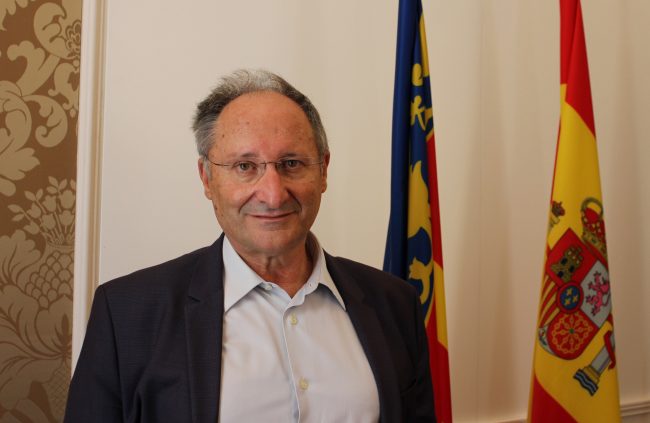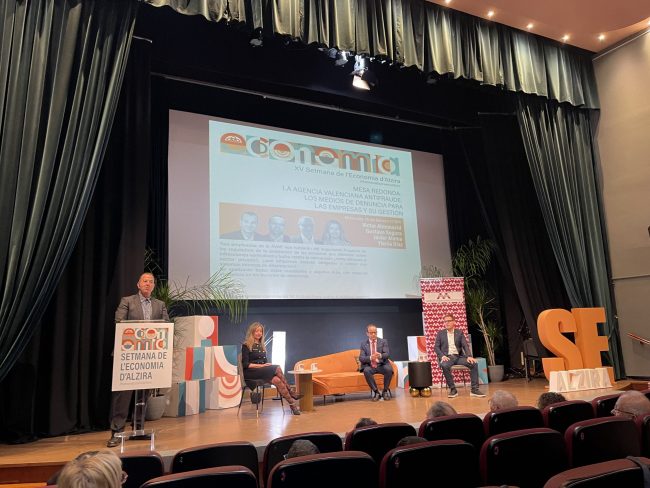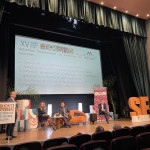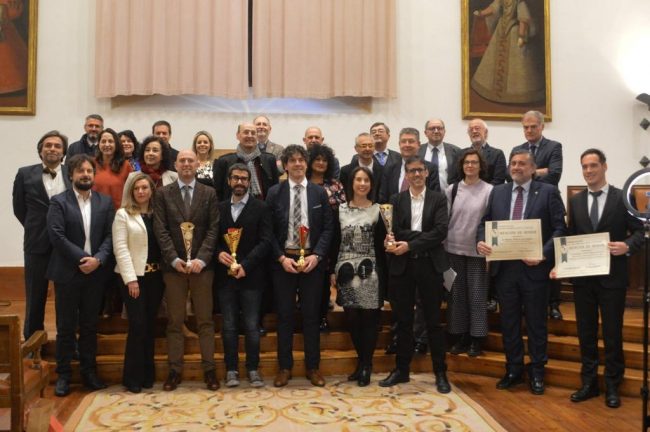Valencia, 21 February 2023. This morning, Law 2/2023 regulating the protection of people who report on regulatory and anti-corruption infractions was published in the Official State Gazette.
With the approval of this Law, the Government of Spain complies with the transposition into Spanish law of Directive 2019/1937 of the European Parliament and of the Council on the protection of persons who report breaches of Union law, whose deadline ended on December 17, 2021. This directive is known as the Whistleblower Directive.
Among the novelties of this law is the obligation for both public administrations and the private sector to establish both internal and external reporting channels, as well as the establishment of support and protection measures for people reporting corruption.
With regard to reporting channels, the Valencian Anti-Fraud Agency launched the external complaints channel at the beginning of 2018 and since then it has received more than 1,000 complaints. In November 2022, the Agency was invited to explain to the experts of the European Commission the functioning of its complaints box and what had been the experience during these years in the management of it.
At the moment the Agency is the only authority in Spain that has an active and developed Statute for the Protection of Whistleblowers of Corruption. At the end of 2017 the Agency protected a whistleblower for the first time and at the moment there are 29 people who are protected, which join the several hundred who over the years have received legal advice from the Agency.
Another of the novelties contemplated by this Law is the creation for the first time in Spain of an Independent Administrative Authority for the protection of complainants with competence throughout the national territory.
It should be remembered that the Valencian parliament anticipated this state regulation with the approval of Law 11/2016 by which the Valencian Anti-Fraud Agency is created as the competent regional authority in the field of prevention and fight against corruption.
In addition to the Valencian Anti-Fraud Agency, there are other competent regional authorities in Spanish territory, such as the Antifrau Office of Catalonia; the Office for the Prevention and Fight against Corruption in the Balearic Islands; the Andalusian Office against Fraud and Corruption and the Office of Good Practices and Anticorruption of the Autonomous Community of Navarre.
The Law states that the State has undertaken to develop, together with the communities to use, a National Strategy to Combat Corruption within a maximum period of eighteen months from the entry into force of the law.
The director of the Valencian Anti-Fraud Agency, Joan Llinares, has declared that “we must congratulate ourselves because the Spanish State has regulated a matter that is fundamental for the fight against corruption such as the protection of whistleblowers and where the Valencian Community was the only territory where until now it was possible. The Valencian Anti-Fraud Agency was 7 years ahead of this new State Law”.
“This Law reinforces our regional law and also extends beyond the scope of public administrations also applying to the private and commercial sphere, which is important to improve the prevention and fight against corruption in all areas of our society,” added Llinares.
You can access the content of the Law at this link:
https://www.boe.es/boe/dias/2023/02/21/pdfs/BOE-A-2023-4513.pdf








